New research suggests mineral nanoparticles a
Minerals are inorganic substances, whereas enzymes are organic substances (e.g., proteins). However, many types of Earth-abundant minerals exhibit intrinsic enzyme-like activities when their particles decrease to the nanometer (nm) scale (so called "mineral nanozymes"). The discovery of nanomaterials as new enzyme mimetics has changed the traditional idea that nanomaterials are chemically inert in Earth systems. Now researchers in Tianjin discuss the critical roles played by nanozymes in environmental biogeochemical cycles.
DESY - FLASH - FLASH-News

The safety of nanomaterials in food production and packaging - ScienceDirect

Nanomaterials - Safe Cosmetics

Bottled Water Can Contain Hundreds of Thousands of Previously Uncounted Tiny Plastic Bits, Study Finds – State of the Planet
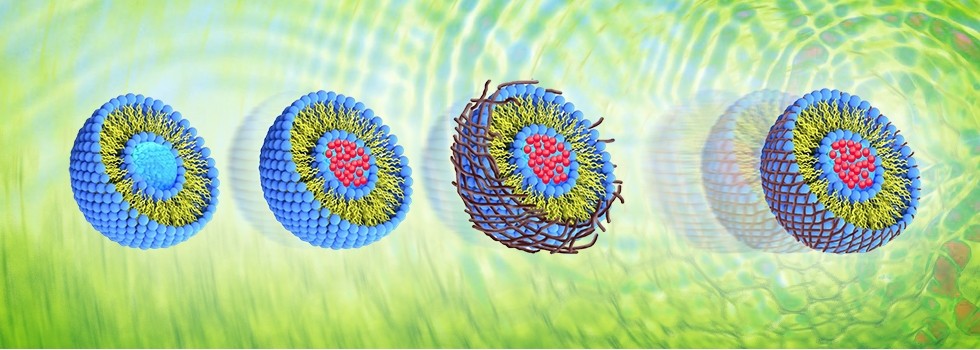
New Technology Optimizes Vitamin C: Reduced Degradation, Sustained Release and Enhanced Absorption Through Fiber Interlaced Liposomal (
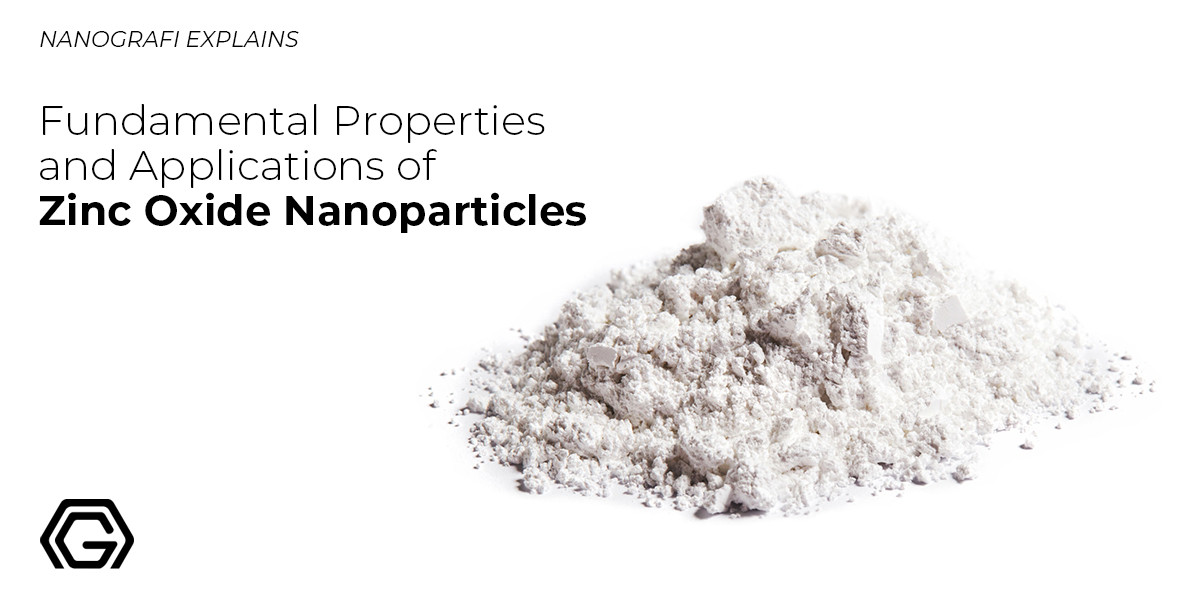
Fundamental Properties and Applications of Zinc Oxide Nanoparticles - Nanografi Nano Technology
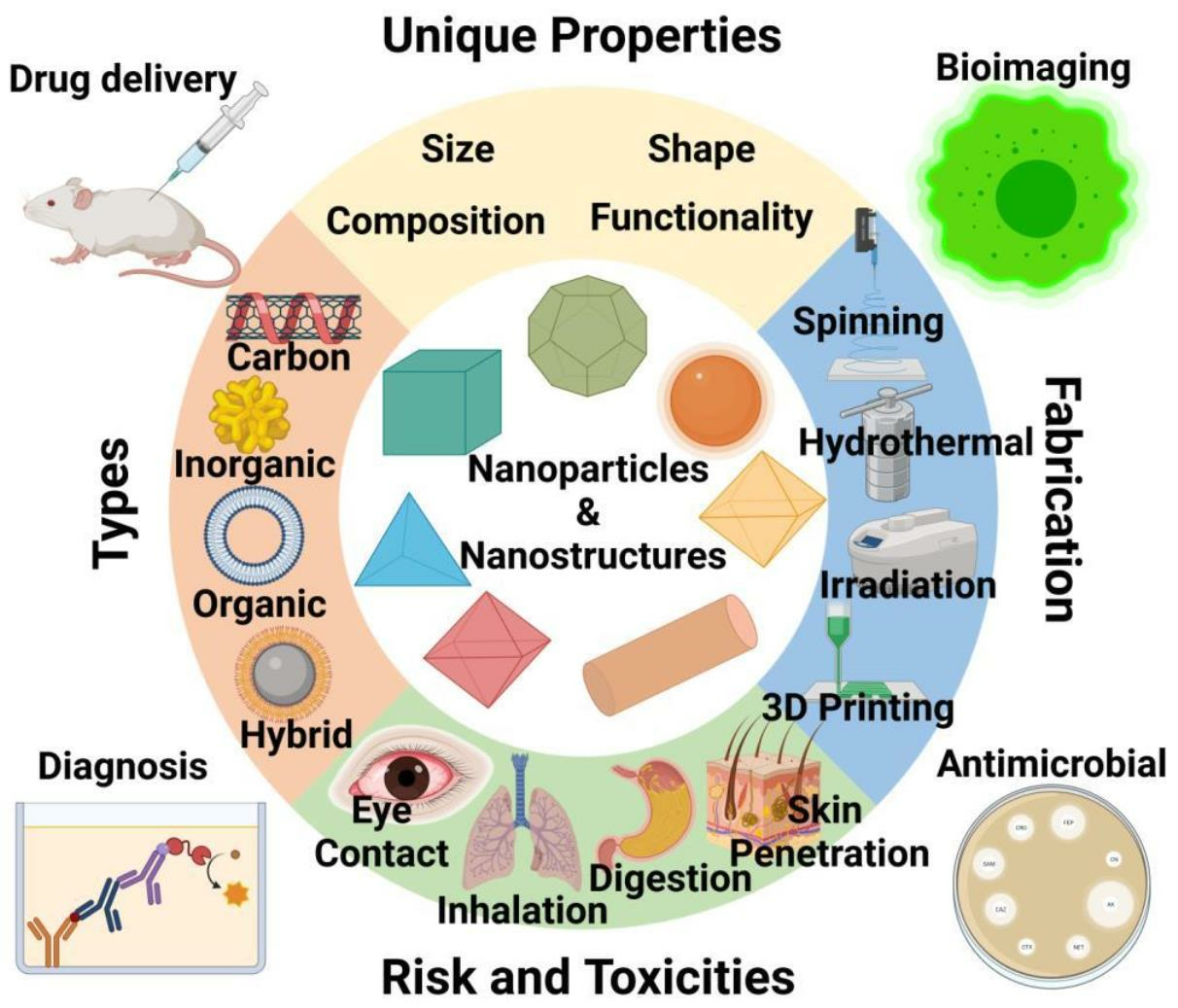
Nanomaterials, Free Full-Text

/files/MyHome%20Article%20Libra

Nanoparticles in the Field: Sowing Innovation to Harvest a Sustainable Future

Food coloring, anti-caking nanoparticles may affect human gut
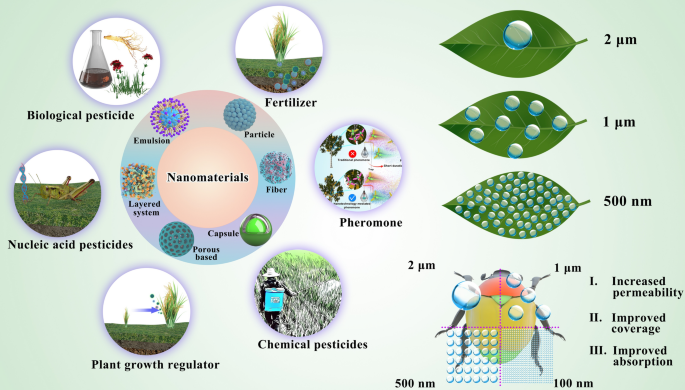
Nanomaterials and nanotechnology for the delivery of agrochemicals: strategies towards sustainable agriculture, Journal of Nanobiotechnology
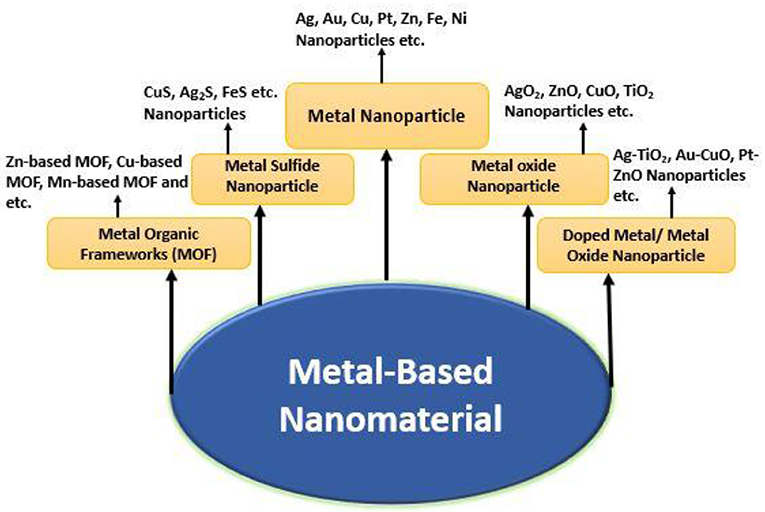
Frontiers Recent Advances in Metal Decorated Nanomaterials and Their Various Biological Applications: A Review
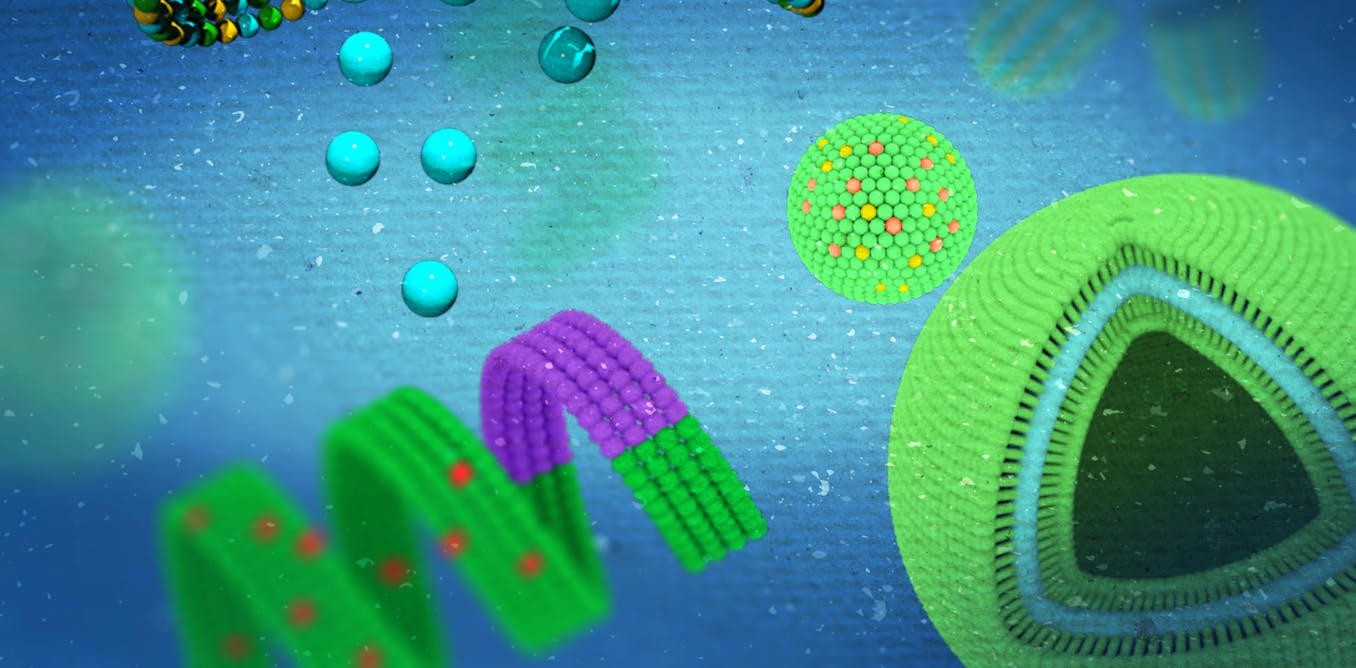
Nanoparticles will change the world, but whether it's for the better depends on decisions made now

Scientists Find About A Quarter Million Nanoplastic Particles In Bottled Water
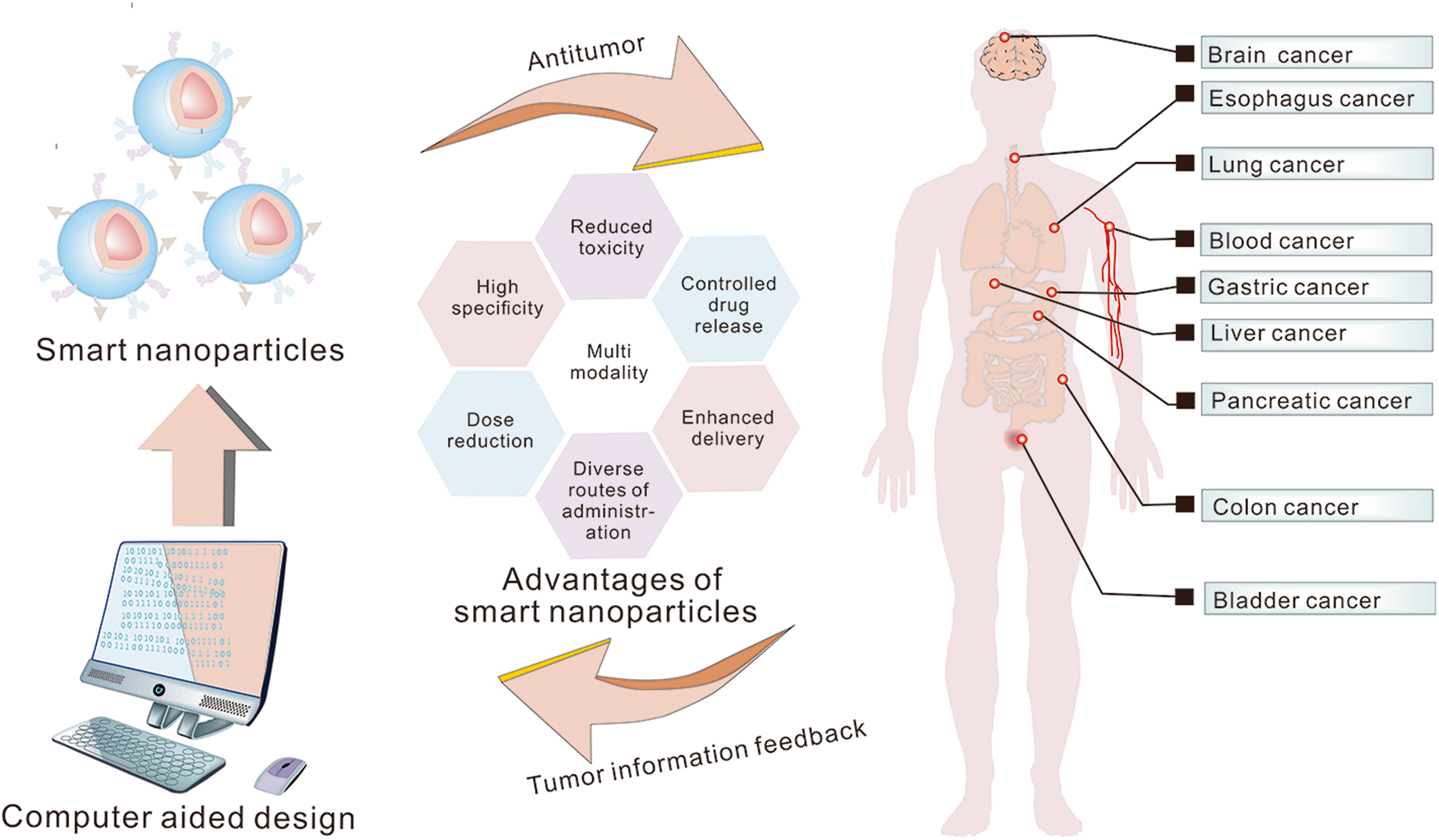
Smart nanoparticles for cancer therapy Signal Transduction and Targeted Therapy